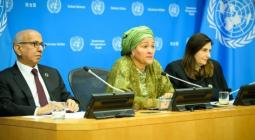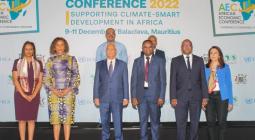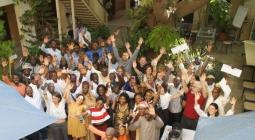The SDGs are not achievable - Unless we decolonize the global economic architecture
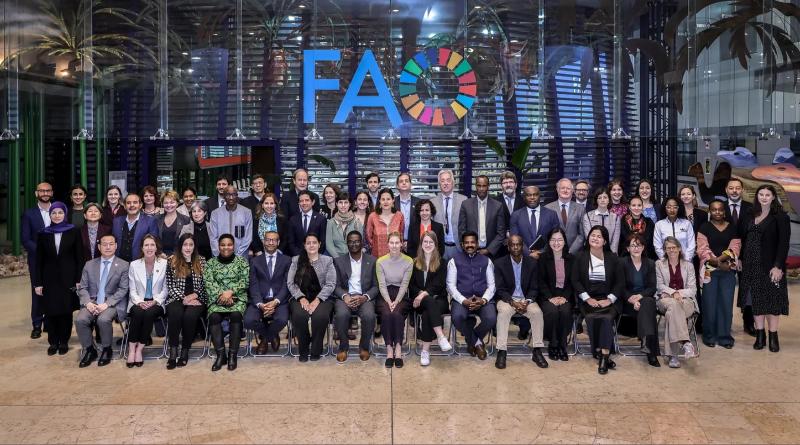
Greetings from Addis Ababa!
I’m on my way back to Nairobi. I spent the last 3 days in Rome at a UN expert group meeting on SDG2 (Ending Hunger) at the FAO, in preparation for the 2024 High-Level Political Forum that will be held in July 2024. It was a bit ironic that the FAO building where we held the meeting used to be the Italian Ministry of the Colonies under the Mussolini regime, and my main message to the FAO was about decolonizing the global economic architecture is a prerequisite for achieving the SDGs, including SDG2 to end hunger. It is 2024, and the global food system reflects the legacy of colonial and post-colonial hierarchies. This blog is a brief summary of my main message to the FAO. I have also co-authored a recent piece about SDG5 (gender equality).
A note to the FAO on SDGs:
None of the SDGs is achievable under the current global economic architecture that has been designed during colonial times, and further reinforced during post-colonial times via the rules of international finance, trade, investment, and taxation.
Economic decolonization means undoing the colonial economic roles that have been imposed on the Global South, which can be summarized as:
1. The Global South as the source of cheap raw materials for industrial development in the Global North,
2. The Global South as the large consumer market to absorb industrial output surplus from the Global North, and
3. The Global South as the place where obsolete technologies and assembly line manufacturing (which is no longer needed in the Global North) is outsourced for low-cost labor to assemble for Global North consumers.
In other words, the colonial role imposed on Africa is designed to lock the Global South at the bottom of the global value chain. Economic decolonization implies transformative investments to escape these traps. However, the global economic architecture is designed to make it nearly impossible to escape such traps because of the fiscal policy constraint imposed by the burden of external debt. External debt itself is a symptom of three deeper structural issues:
A. Food deficits,
B. Energy deficits, and
C. Value-added manufacturing deficits.
Therefore, the economic decolonization that will address the root causes of external debt and unlock the much needed fiscal policy space to achieve all the SDGs is centered around the following three strategic investments in:
1. Food sovereignty and agroecology (not just “food security”),
2. Renewable energy sovereignty, and
3. High value-added manufacturing that prioritize clean energy, clean cooking, and clean transportation infrastructure for deployment in the Global South.
All of these strategic investments are transformative economic policies that will simultaneously decolonize the economic structures of the Global South, address the root causes of external debt, decarbonize the system, and unlock a pathway for accelerating the achievement of all the SDGs.
A brief reflection
It was reassuring to get such a positive reaction from several colleagues in the expert group and from FAO staff, including from Stefanos Fotiou (Director of the Office of Sustainable Development Goals at the FAO, and Director of the UN Food Systems Coordination Hub) who live-tweeted my key message and requested a copy of Just Transition: A Climate, Energy, and Development Vision for Africa (May 2023, published by the Independent Expert Group on Just Transition & Development). That being said, it was rather disappointing during the opening remarks of the most senior official of the FAO, the Director General, to completely ignore the unfolding genocide in Palestine and the use of hunger as a weapon of war at an expert group meeting that explicitly had specific sessions on conflict as a key obstacle for achieving SDG2. Sigh!
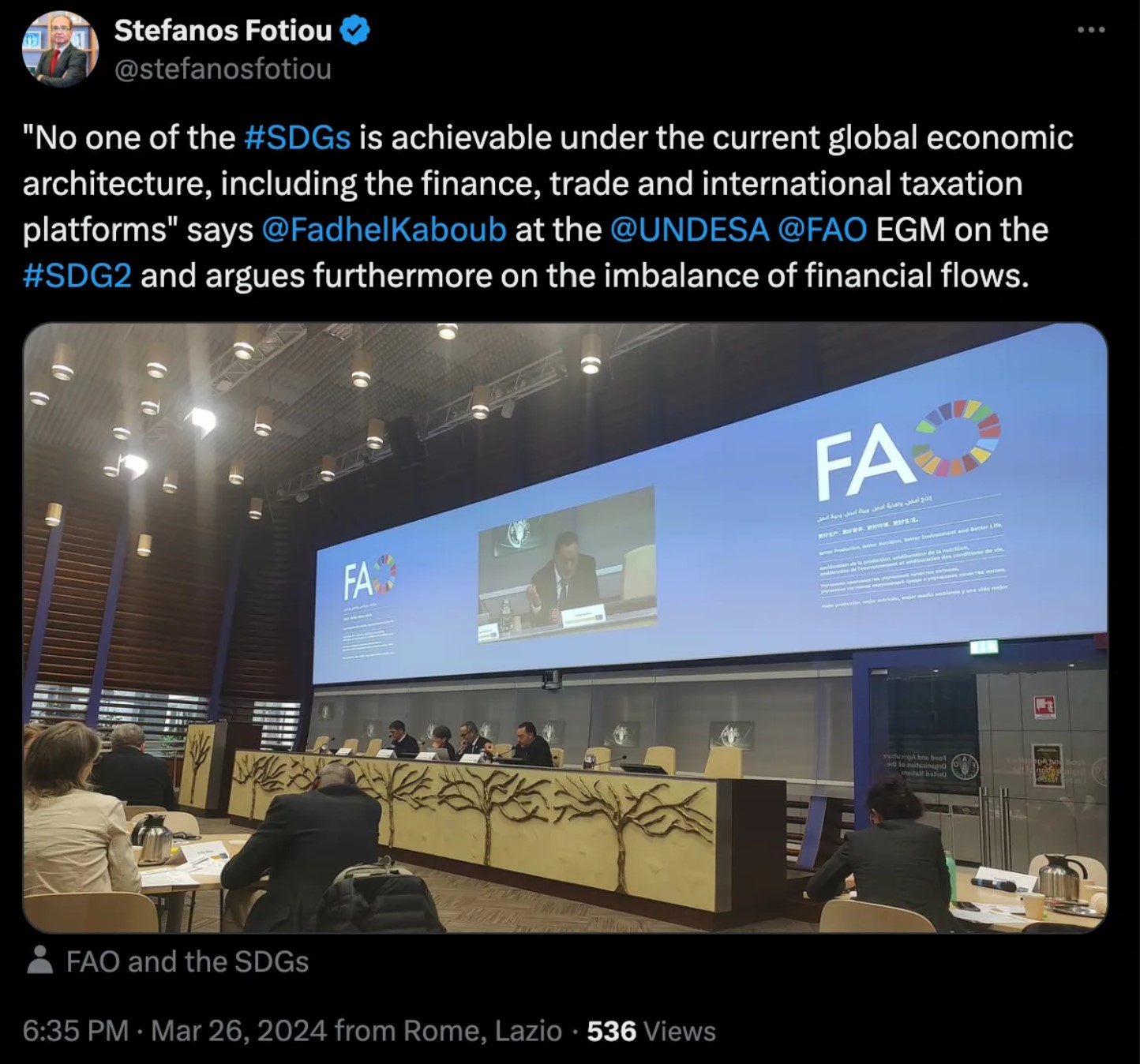
Fadhel Kaboub is an associate professor of economics at Denison University (on leave), and the president of the Global Institute for Sustainable Prosperity. He is also a member of the Independent Expert Group on Just Transition and Development, an expert group member with the International Taxation Task Force (created at COP28 and co-chaired by France, Kenya, and Barbados), and serves as senior advisor with Power Shift Africa. He has recently served as Under-Secretary-General for Financing for Development at the Organisation of Southern Cooperation in Addis Ababa, Ethiopia. Dr. Kaboub is an expert on designing public policies to enhance monetary and economic sovereignty in the Global South, build resilience, and promote equitable and sustainable prosperity. His recent work focuses on Just Transition, Climate Finance, and transforming the global trade, finance, and investment architecture. His most recent co-authored publication is Just Transition: A Climate, Energy, and Development Vision for Africa (May 2023, published by the Independent Expert Group on Just Transition and Development). He has held a number of research affiliations with the Levy Economics Institute (NY), the John F. Kennedy School of Government at Harvard University (MA), the Economic Research Forum (Cairo), Power Shift Africa (Nairobi), and the Center for Strategic Studies on the Maghreb (Tunis). He is currently based in Nairobi, Kenya and is working on climate finance and development policies in Africa.

